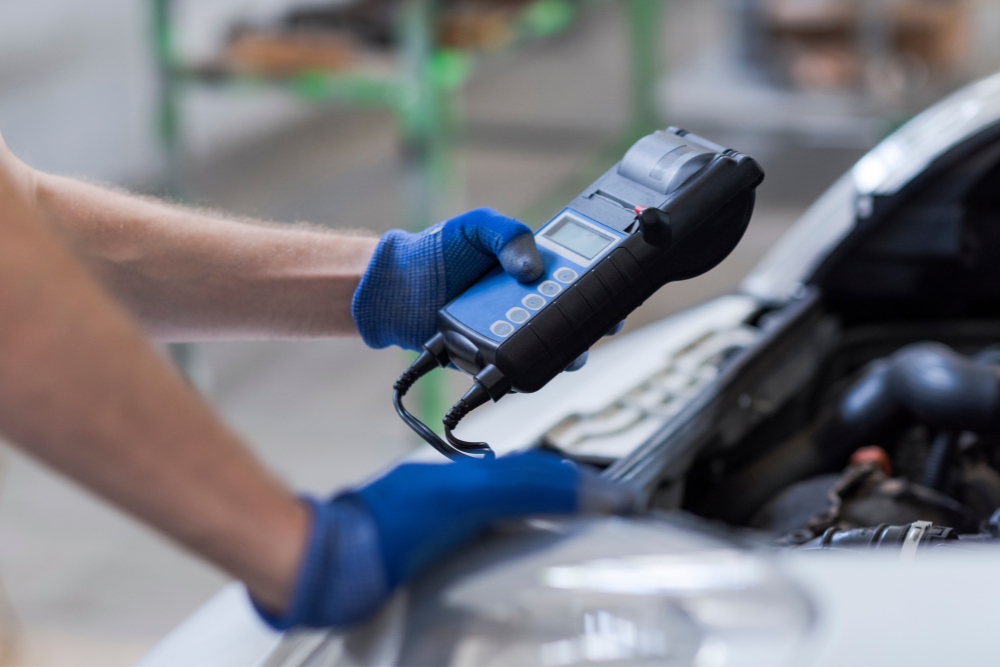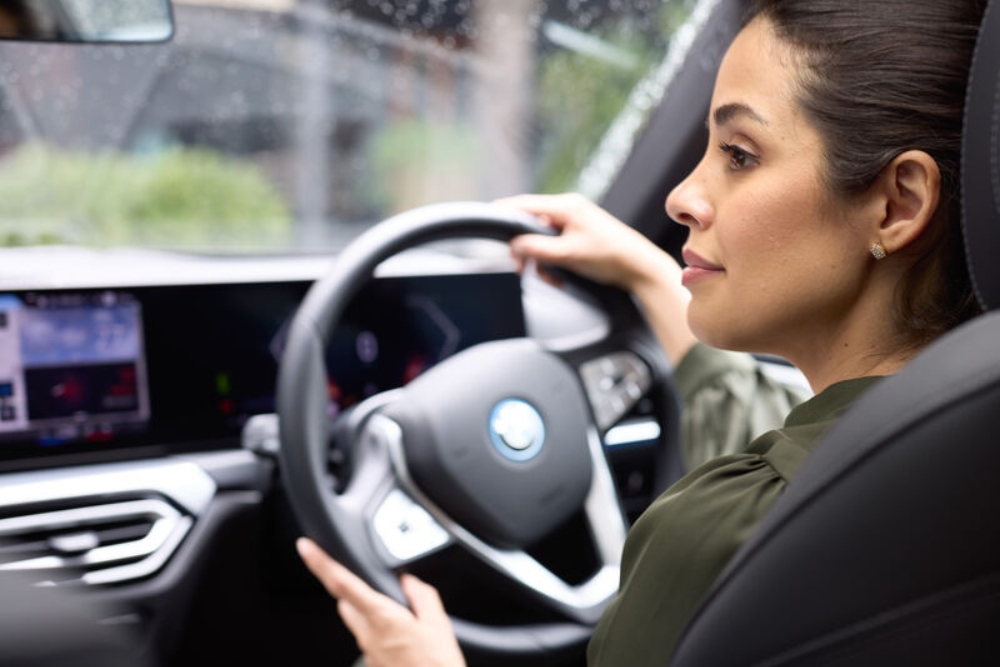What you need to know for the Euro 7 changes
By SG Fleet | 04 April 2025

Euro 7 is the latest European standard for car exhaust emissions. It’s a new set of rules designed to make cars run cleaner and pollute less. If you drive a petrol or diesel car – or manage a fleet of company cars – it’s likely that Euro 7 will eventually affect the vehicles you buy or lease.
What is Euro 7, and why is it important?
Euro 7 is a collection of regulations that set strict limits on vehicle emissions. It’s mainly aimed at cutting harmful gases and particles coming from cars. They cover exhaust fumes like nitrogen oxides and soot from the tailpipe, as well as other sources of pollution like brake dust and tyre wear.
It’s essentially the next step after Euro 6. The current standard has been in place since 2024, though there was a recent update about changes to these regulations. Euro 7 goes further in certain areas as part of Europe’s push towards cleaner transportation and lower emissions. It’s also relevant across the UK, as the government is committed to following these emissions standards for new cars.
When do the Euro 7 standards come into effect?
The Euro 7 rules were established and agreed upon in 2024 and will start to roll out in the coming years. There isn’t a single start date for all cars at once. Instead, it’s phased to give manufacturers time to comply.
For completely new car designs, the rules kick in around 30 months after official adoption, which means late 2026. For all new cars sold, the deadline is a little later and will land sometime in 2027. After that point, you won’t be able to sell a new car in Europe or the UK unless it meets the Euro 7 emissions standards.

Crucially, Euro 7 isn’t retroactive
It won’t suddenly apply to cars that are already on the road. If you own a car that meets Euro 6, you don’t need to upgrade or modify it to Euro 7.
What’s changing under Euro 7?
Euro 7 keeps a lot of the same emissions limits as Euro 6 but strengthens rules in other important ways.
Stricter testing on exhaust gas limits
Euro 7 rules do not lower the numeric limits for tailpipe emissions, such as nitrogen oxides (NOx) for cars. However, it will enforce those limits more strictly in real driving. Cars will be tested under a wider range of conditions than before to make sure they stay within the limits of everyday use.
Tougher particulate standards
Euro 7 targets the tiny soot particles in exhaust output more aggressively. It will count very fine particles down to 10 nanometres (nm) in size, whereas previous standards ignored particles below 24nm.
Brake dust limits
For the first time, Euro standards will cap how much particulate matter brakes can release. Euro 7 sets a limit on this: about 7 mg/km for most cars and a stricter 3mg/km for EVs, which typically use regenerative braking more and can achieve lower brake wear.
Tyre emissions monitoring
Tyres also shed tiny bits of rubber – microplastics – that can pollute air and water. Euro 7 includes tyre abrasion in its scope, which means tests will measure how much wear particles tyres produce.
Longer-lasting emission controls
Under Euro 6, a car’s emission control system had to meet standards for about five years or 100,000km. Euro 7 doubles that durability requirement. This means components like catalytic converters, particulate filters, and sensors have to be more durable.
On-board motoring
To help ensure cars stay clean in everyday use, Euro 7 will require car manufacturers to install sensors that monitor the engine and emission control systems. These sensors can detect if something like a faulty injector or failing catalyst is causing the car to pollute more than allowed.
Battery durability
For electric vehicles and plug-in hybrids, Euro 7 introduces battery health rules. Manufacturers will have to ensure that EV batteries still hold a high percentage of their initial charge capacity after a set number of years or charge cycles.
What does Euro 7 mean for drivers?
It will mostly affect drivers through the cars available on the market. Some petrol or diesel models may be upgraded, while others could be discontinued due to high compliance costs. More electric and hybrid options are likely as manufacturers meet stricter emissions goals. New cars might cost slightly more, but it’s likely that manufacturers will try to reduce the cost burden on customers to remain competitive. In short, Euro 7 isn’t urgent for most drivers, but it’s definitely something worth keeping in mind.

Stay up to date on the latest exhaust emission changes
We understand how fast regulatory changes like Euro 7 can come along and how they might raise questions for drivers and businesses. That’s why we’re here to help you stay ahead of the curve. Our team monitors developments in vehicle standards and legislation to keep our customers informed and compliant.
If you have any questions about Euro 7 and how it might affect you, reach out to our SG Fleet account manager today or get in touch with our team.
FAQs
Is the UK adopting Euro 7 standards?
Yes, the UK has indicated that it will adopt Euro 7 for new cars. Even post-Brexit, the UK has maintained alignment with European vehicle emission standards. That means new cars sold will have to meet Euro 7 requirements.
Will Euro 7 ban petrol and diesel cars or make them obsolete?
Not directly. Euro 7 just sets strict rules for emissions on new vehicles. There are separate rules in the UK about the phasing out of new internal combustion engine cars.
Do I need to upgrade or modify my current car to Euro 7?
No. Euro 7 does not apply retroactively to cars that are already on the road. Your current car was certified under whatever Euro standard was in place when it was made, and it remains legal to drive.


.png)


.png)
.png)
.png)